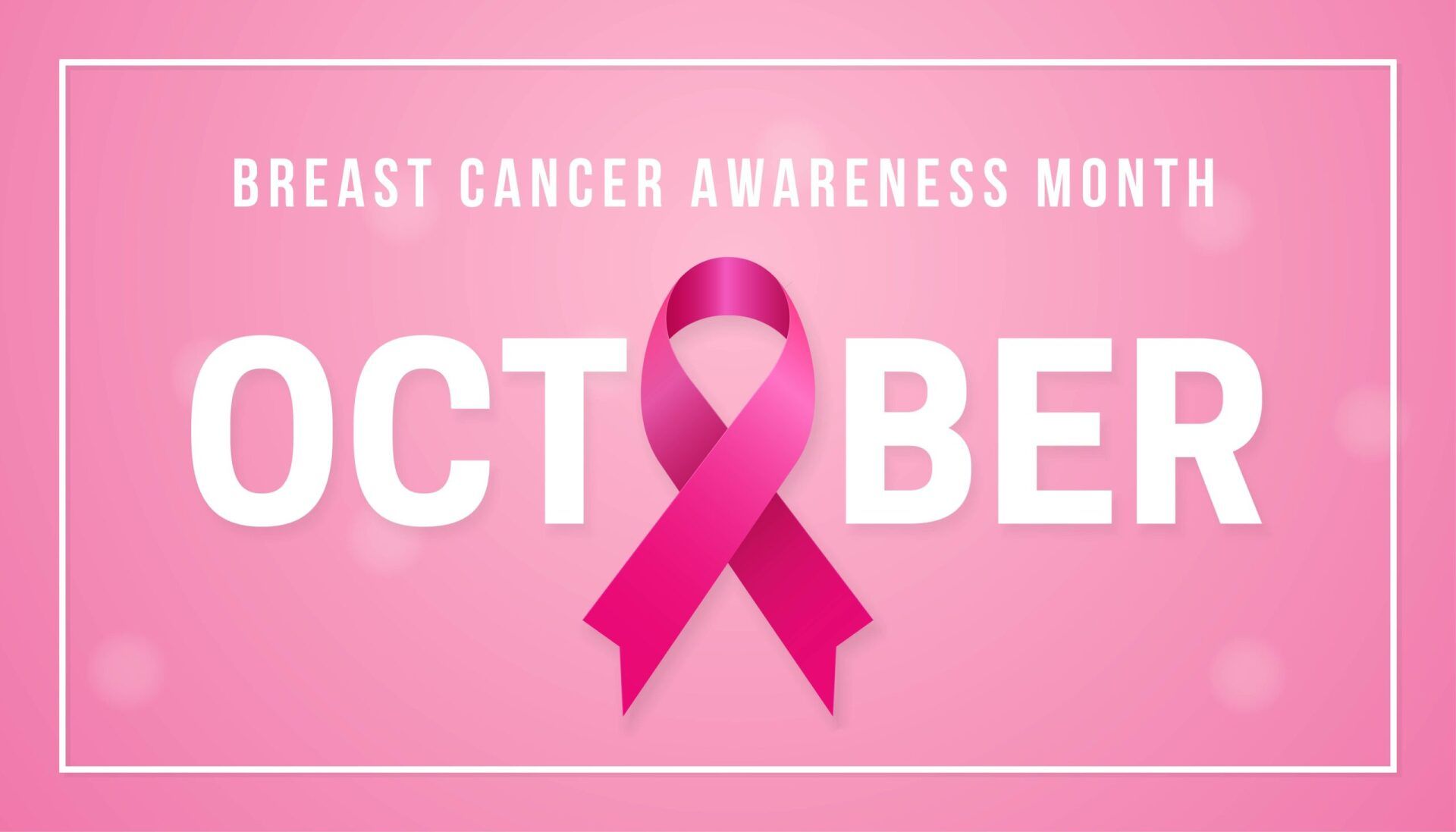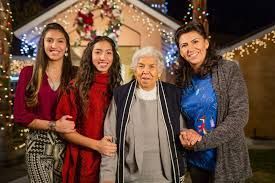The Importance of Breast Cancer Awareness
Awareness is key!

Did you know that breast cancer is the second leading cause of death for women in the United States and one in eight women will die from breast cancer? (breastcancer.org)
Those are statistics you don’t want to mess around with, that’s why breast cancer awareness is so important!
Breast cancer affects men and women of any age, however it affects older women more than it does young or middle-aged women.
Your risk of developing breast cancer increases significantly with age and as we continue to grow older the number of diagnoses will rise as well.
It is recommended that women ages 45 to 54 get a mammogram every year and those 55 and older can switch to every two years if they’re comfortable with that. The main reason breast cancer is more prevalent in senior women is because those over the age of 70 tend not to get their annual screenings.
Ladies, this is so important!
Please have your mammogram, even if it’s only every two years!!
The best chance of surviving breast cancer is early detection!!
Make sure you perform self-examinations and get regular mammograms; these two simple things can literally save your life!
Signs and symptoms of breast cancer
- Lump in the breast or underarm (most common)
- Persistent breast pain
- Nipple discharge
- Any kind of change in size or the shape of your breast
- Irritation of the breast skin
- Redness or thickening of the nipple or skin
- Any kind of skin irritation on the breast area
Breast cancer risk factors
Some risk factors are out of our control, like family history, race, menstrual period history and breast density.
However, some are very controllable, such as obesity, alcohol intake and not being physically active.
Know the signs and symptoms, know the risk factors, know how to prevent breast cancer and know how and where to get screened for breast cancer.
As I say in almost all of my blogs, EARLY DETECTION IS THE KEY!!
Want to help promote breast cancer awareness? Here are some ways YOU can help in the fight!!
1. Volunteer at one of the many organizations that promote breast cancer awareness. Relay for Life, American Cancer Society and Making Strides Against Breast Cancer are just a few. There are always local groups doing breast cancer events so I’m sure you can find something in your neighborhood.
2. Wear pink, pink is the color for breast cancer awareness. Anything pink, a ribbon, shirt, shoes, or maybe paint a few pieces of hair pink, it doesn’t matter how you choose to wear your pink as long as you wear it!
3. Participate in a run or a walk. This is a great way to meet others and learn more about breast cancer. You will meet those who have been affected by breast cancer and others who just support those who have been affected by breast cancer.
4. Help a breast cancer patient. This can be so rewarding and really help you see the impact breast cancer has on a person. It may be difficult to find a patient because of the privacy acts in place, but if you are able to do this, it will be amazing for you and them!
5. Create your own fundraiser to promote awareness and raise money for research!! What a fun idea!! Think of something new and go with it; it doesn’t have to be difficult, it can be simple. Have a “pink” bar-b-cue where everyone who comes has to wear pink and the food is $10.00 a plate with all the money going to breast cancer awareness. If you’re really good, you can get sponsors to donate the food.
October is breast cancer awareness month!
Let’s show our support for everyone who has been affected by this awful cancer by doing everything we can!!



